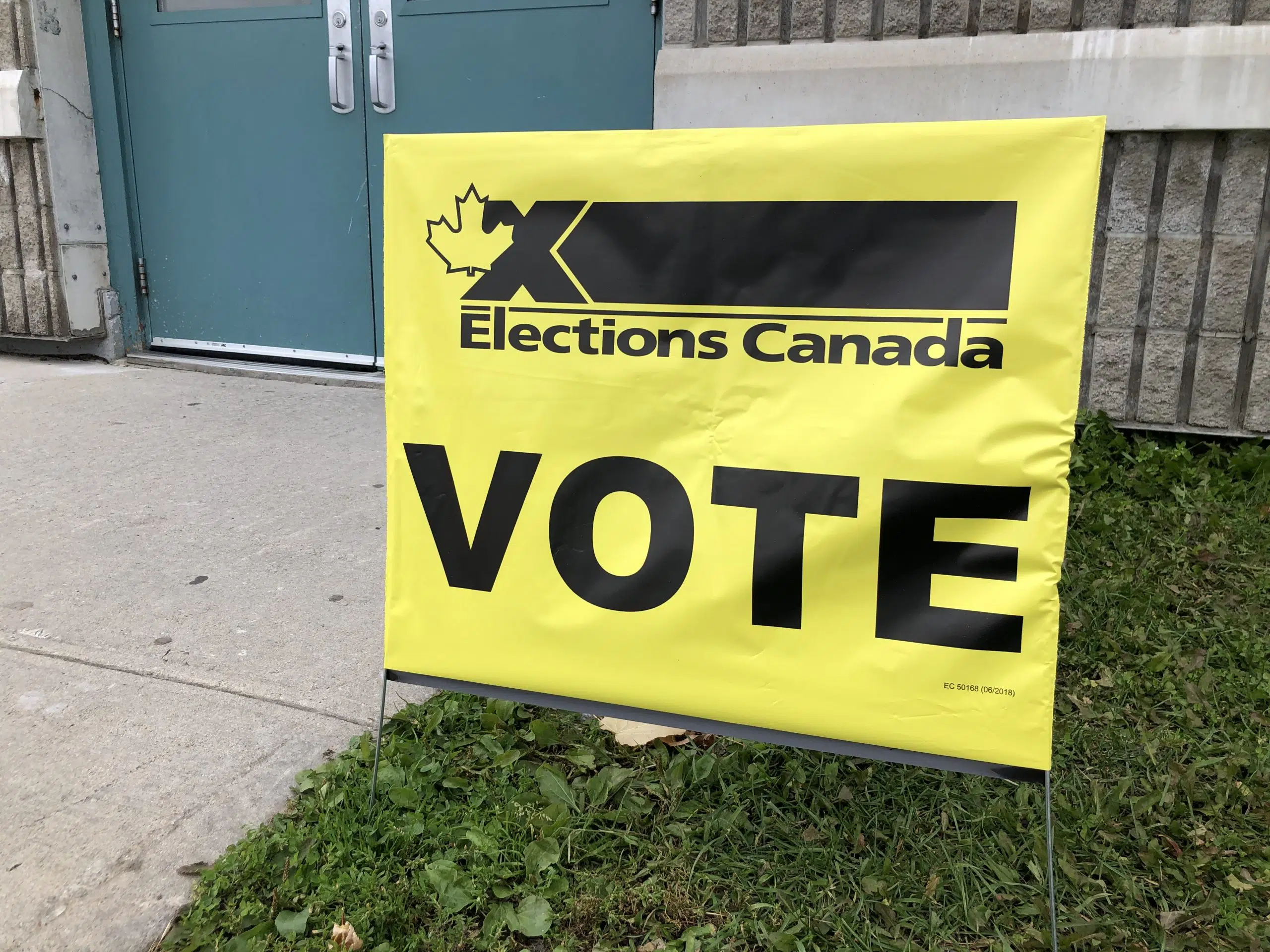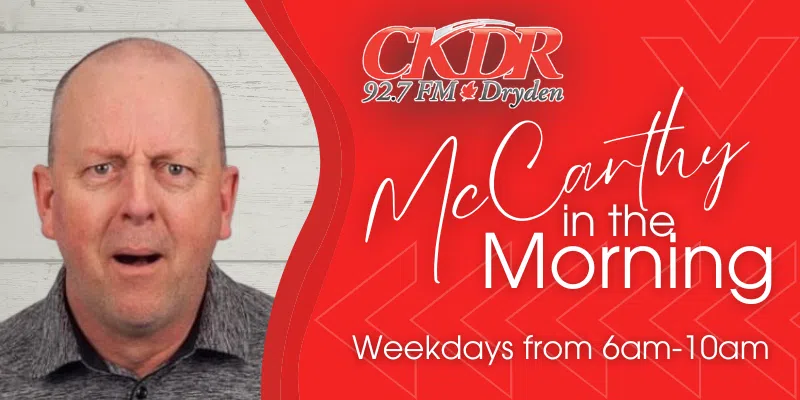
Elections Canada is undertaking a review of its policies with how it handles elections in First Nations.
This after some remote communities in northwestern Ontario weren’t able to vote in last September’s federal election.
Officials say they were trying to address local concerns that the election fell during a traditional hunt and many people would likely be away on voting day.
An advance poll was set up, but the communication about the change didn’t make it to all residents.
Michel Roussel, a deputy Chief Electoral Officer, admits blame on their part.
“Elections Canada regrets, is sorry for the electors of those communities because they clearly did not get the service from us that as Canadian citizens they were entitled to,” says Roussel.
Cat Lake, Poplar Hill and Pikangikum were just three in a number of First Nations communities where ballot boxes were not placed.
Elections Canada is now reviewing its practices in how it services those communities more fairly.
“We are working on changes to some of our polling policies on how we offer advance polls as an example, in First Nations communities,” says Susan Torosian, Executive Director of Public Affairs.
“The next election, we will improve on the service that we offer on First Nation reserves and in particular those who are the remote communities flying community,” says Roussel.
Elections Canada adds it dealt with more than 9,400 complaints across the country related to the election. They ranged from accessibility at polling stations, long lines and interactions with workers.
Election Canada also confirms in its report to Parliament the cost of the election comes in at $630 million.



